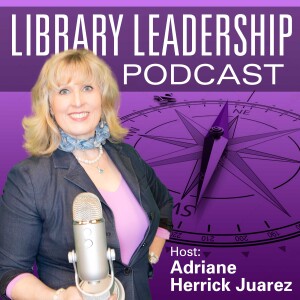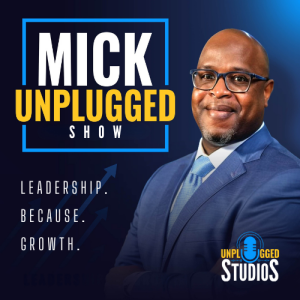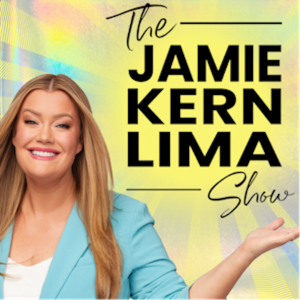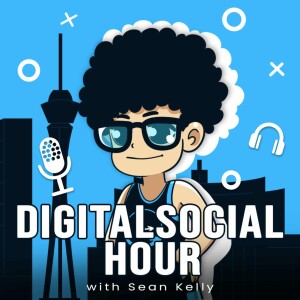

Library Leadership Podcast
https://libraryleadershippodcast.libsyn.com/rssEpisode List

175. Creating a Communication Campaign with Dr. Stevie Munz
As librarians, how do we create effective communication campaigns that achieve our goals and craft messages that encourage people to engage with all we have to offer? On this show, Dr. Stevie Munz, Co-Owner and Consultant at Summit Communication Consulting, discusses how libraries are well-positioned to achieve strategic and effective messages.

174. Cultivating an Inclusive Workplace for Neurodivergent Staff with Renee Grassi
Have you wondered how you can support neurodivergent staff and volunteers in the workplace? On this show, Renee Grassi (she/her), Librarian and Accessibility Consultant, discusses cultivating an inclusive work environment for neurodivergent team members, including accessible communication and promoting neurodiversity in our organizations.

173. Transforming the Library with Data-Informed Decisions with Sonia Alcantara-Antoine
How can data help us transform our libraries? On this show, Sonia Alcantara-Antoine, Chief Executive Officer of Baltimore County Public Library and Past-President of the Public Library Association, discusses transforming the library with data-driven decisions. This valuable information can help us challenge our assumptions, optimize resources, and create impact.

172. Creating Online Programs for Older Adults with Suzanne LaPierre
Have you ever wondered how you can best serve older adults in your library? On this show, Suzanne LaPierre, Virginiana Specialist Librarian for the Fairfax County Public Library, discusses ways to serve older adults and provide exemplary access as our communities age.

171. Using Case Statements in Fundraising with Craig Palmer
How do you make your case to potential donors for your library? On this show Craig Palmer, Fund Development Manager for Sonoma County Library, returns to the podcast to expound on what he shared last year about Building Strong Library Foundations. Here, he talks about case statements—what they are, how they work, and their critical role in helping donors understand how our cause can be their cause.
Create Your Podcast In Minutes
- Full-featured podcast site
- Unlimited storage and bandwidth
- Comprehensive podcast stats
- Distribute to Apple Podcasts, Spotify, and more
- Make money with your podcast












